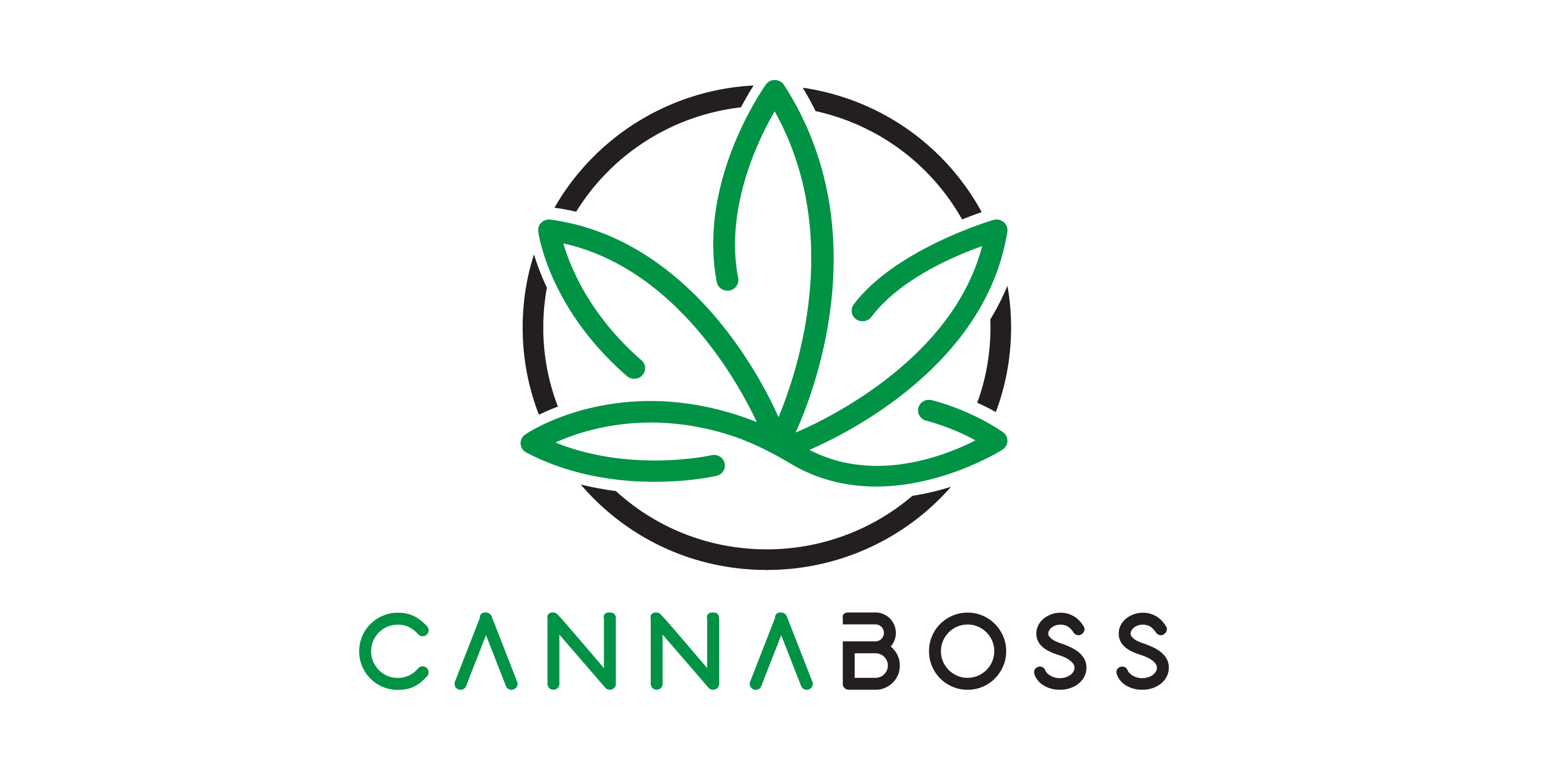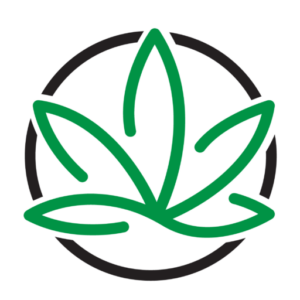Rechtslage
Germany
In Germany, cannabis (“plants and plant parts of plants belonging to
the genus Cannabis”) has been a marketable and prescribable
medicinal product since 2011 – provided it is contained “in
preparations that are approved as finished medicinal products” or,
since March 2017, originates from state-controlled cultivation or, until
this is established, from imports.
In other forms, until March 2017, cannabis was only marketable for the
production of medicines, and only with an exemption under Section
3(2) of the BtMG for the purchase of cannabis flowers from
pharmacies for use as part of medically supervised self-therapy for
therapeutic use. In 2007, such an exceptional authorization had been
granted for the first time for a patient suffering from MS (multiple
sclerosis), as such an authorization is possible according to the law
“only exceptionally for scientific or other purposes in the public
interest”. This was preceded by the legitimization by the ruling of the
Federal Administrative Court in 2005, which saw this securing of
necessary medical care for the population as a purpose in the public
interest within the meaning of §3 Para. 2 BtMG.
On May 4, 2016, the German government passed a bill to enable the
provision of natural cannabis to patients and its reimbursement by
health insurers, which was unanimously approved by the Bundestag
on January 19, 2017. According to the proclamation published on
March 9, 2017, indigent, chronically seriously ill patients will be able to
obtain cannabis on prescription, with the costs being covered by
health insurers under certain circumstances. Doctors are to decide on
their own authority whether cannabis therapy is appropriate, even if
other treatment options exist in individual cases. “So patients don’t
have to be ‘out of treatment,’ as was initially said, before they are
entitled to a cannabis prescription.” Physicians will be allowed to
prescribe up to 100 grams of cannabis per month to a patient in the
form of dried flowers or up to 1 gram – based on the Δ9-THC content –
as an extract in standardized pharmaceutical quality (amendment of §
1 and § 2 BtMVV). In order to ensure the supply, the cultivation of
cannabis for medical purposes is made possible in Germany and the
import of up to 42.8 tons of cannabis is permitted. To this end, a state
cannabis agency has been established to coordinate and control
cultivation and distribution and is located at the BfArM. Exemptions
from the Federal Opium Agency at the BfArM for the purchase of
medical hemp products will thus no longer apply in the future. Home
cultivation will continue to be prohibited. The supply of German
patients therefore depends on imports. In 2018, 3.1 tons of
pharmaceutical cannabis were imported. Reference countries were
Canada and the Netherlands. However, supply shortages have been
occurring in Germany since the legalization of cannabis as a stimulant
in Canada in October 2018, as Canadian companies have since
prioritized supplying the domestic market. Due to the shortages,
German retailers are cooperating with partners in other European
countries such as Macedonia to ensure supply security in the future.
The change in the law, which came into force on March 10, 2017,
marked the start of an anonymized accompanying study by the
German Federal Institute for Drugs and Medical Devices (BfArM), the
initial results of which were presented in May 2019. At almost 70
percent, pain is by far the most common diagnosis for prescribing
pharmaceutical cannabis.
In April 2019, the BfArM informed that it had awarded contracts in the
procurement process for the cultivation of cannabis for medical
purposes. This means that the cultivation of pharmaceutical-grade
cannabis can be implemented in Germany under narcotics and
medicinal product legislation. Three Canadian companies or
subsidiaries have been awarded the contract to produce a total of 10.4
tons of pharmaceutical-grade cannabis over the next three years.
In April 2016, the Federal Administrative Court had exceptionally
allowed a terminally ill man to grow his own cannabis for self-therapy
in an appeal. With this ruling, the Federal Administrative Court for the
first time obliged the Federal Institute for Drugs and Medical Devices
to grant an exceptional permit for self-cultivation of cannabis, as the
narcotic was necessary for medical care and no equally effective and
affordable alternative therapy was available. This does not affect the
authority of the BfArM to attach ancillary provisions to the permit.
Austria
In Austria, preparations of cannabis are not to be prescribed according
to Section 14 (3) of the Narcotic Drugs Ordinance. Only approved
finished medicinal products (medicinal specialties) are exempt.
Switzerland
In Switzerland, a patient-specific exemption permit must be applied for
by the physician from the Federal Office of Public Health (FOPH) for
therapy with dronabinol. Since dronabinol is not a compulsory benefit
of the health insurance companies, cost coverage must be clarified in
advance and in individual cases; for some insurance companies,
additional insurance is required. Since 2011, cannabis cultivation with
a THC content of up to 1% has been permitted in Switzerland, mainly
because of the natural fluctuations in hemp plants; previously, the limit
was 0.3%, but this could not be regularly complied with. Since then,
industrial hemp cultivation for medical purposes has been increasing
in Switzerland.
Italy
Since 2006, physicians in Italy have been able to prescribe
prescription drugs containing dronabinol. The dried and ground
inflorescences of medicinal cannabis – approved by the national
cannabis authority – can also be prescribed for ingestion as a
decoction or inhalation with a special vaporizer. In addition, since
2013, the cannabis extract-based finished drug Sativex has been
available for prescription, and was approved in April 2013 for the
treatment of painful spasms associated with multiple sclerosis.
Until 2016, cannabis flowers for medicinal use were imported into Italy
from the Netherlands, where they are produced under the jurisdiction
of the Medicinal Cannabis Office of the Dutch Ministry of Health,
Welfare and Sport. In 2016, the Italian Army began cultivating medical
cannabis domestically on behalf of the Ministry of Health (Ministero
della salute). The cultivation takes place in a pharmaceutical plant of
the Italian Army in Florence. The strain, known as Cannabis FM-2,
contains 5 to 8% THC and 7.5 to 12% CBD. Cannabis can be
prescribed in Italy for chronic pain, multiple sclerosis, spinal cord
injuries; nausea and vomiting caused by chemotherapy, radiation
therapy, HIV therapy; as an appetite stimulant for cachexia, anorexia,
loss of appetite in cancer patients or patients with AIDS, and anorexia
nervosa; to treat glaucoma; to reduce involuntary body and facial
movements in Tourette’s syndrome when conventional or standard
therapies are ineffective.
France
In France, the cannabis extract Sativex has been approved since
2014. This follows a decree that came into force in June 2013,
allowing the French medicines authority ANSM to issue a marketing
authorization and paving the way for the sale of cannabis-containing
medicines.
The ANSM can authorize the use (autorisations temporaires
d’utilisation nominative, ATUn) of Marinol, a preparation containing
dronabinol, on a temporary basis for individual patients, upon request
and under the responsibility of the prescribing physician. It can then be
imported from a third country where authorization exists (e.g. Canada,
USA). Between 2006 and 2013, 167 patients were treated with
dronabinol.
International
In addition to Germany, Austria, and Switzerland, countries in which
cannabis or its active ingredients can be legally used medicinally
currently include Belgium, the Netherlands, Spain, Italy, Finland,
Portugal, the Czech Republic, Israel, Uruguay, Canada, the United
Kingdom, New Zealand, Greece, Poland, Denmark, Paraguay, Peru,
Lesotho, Puerto Rico, Luxembourg, Zimbabwe, South Korea, and
Thailand. In the U.S., 33 (of 50) states, four of the five U.S. territories,
and the District of Columbia allow the medicinal use of cannabis and
cannabis products.
Source: wikiwand.com



